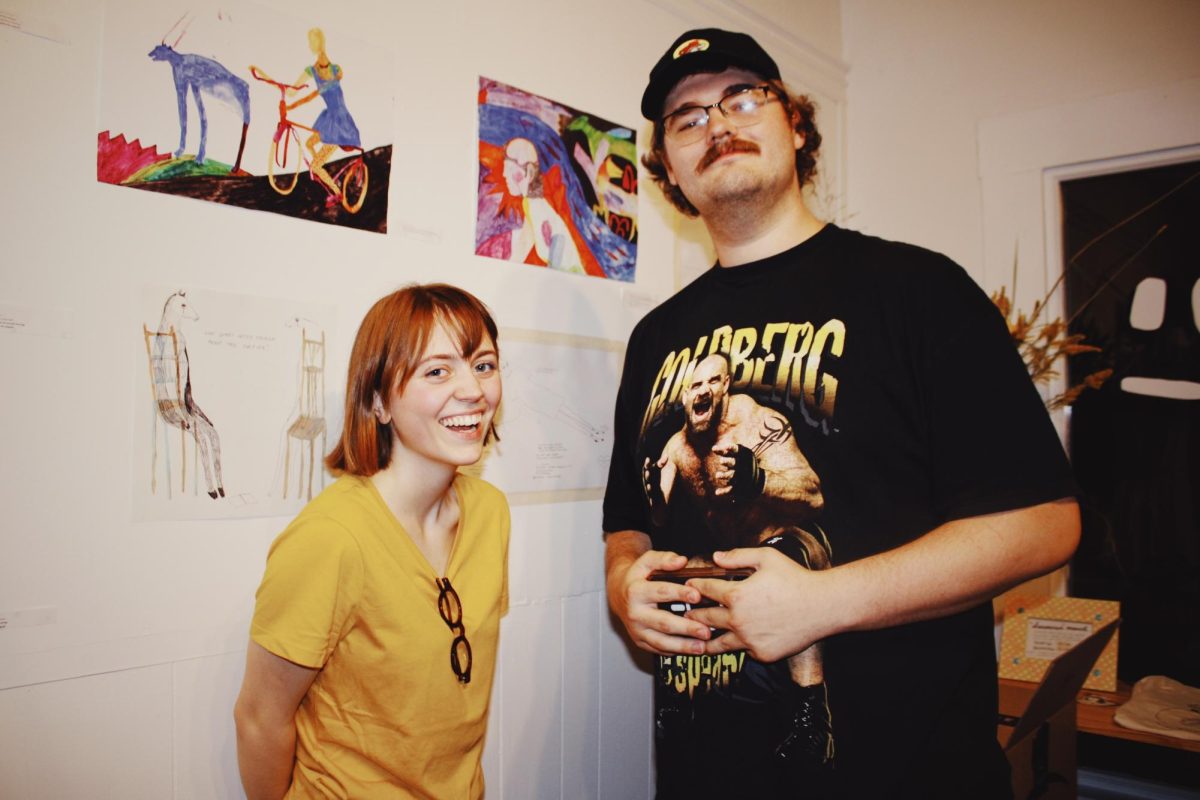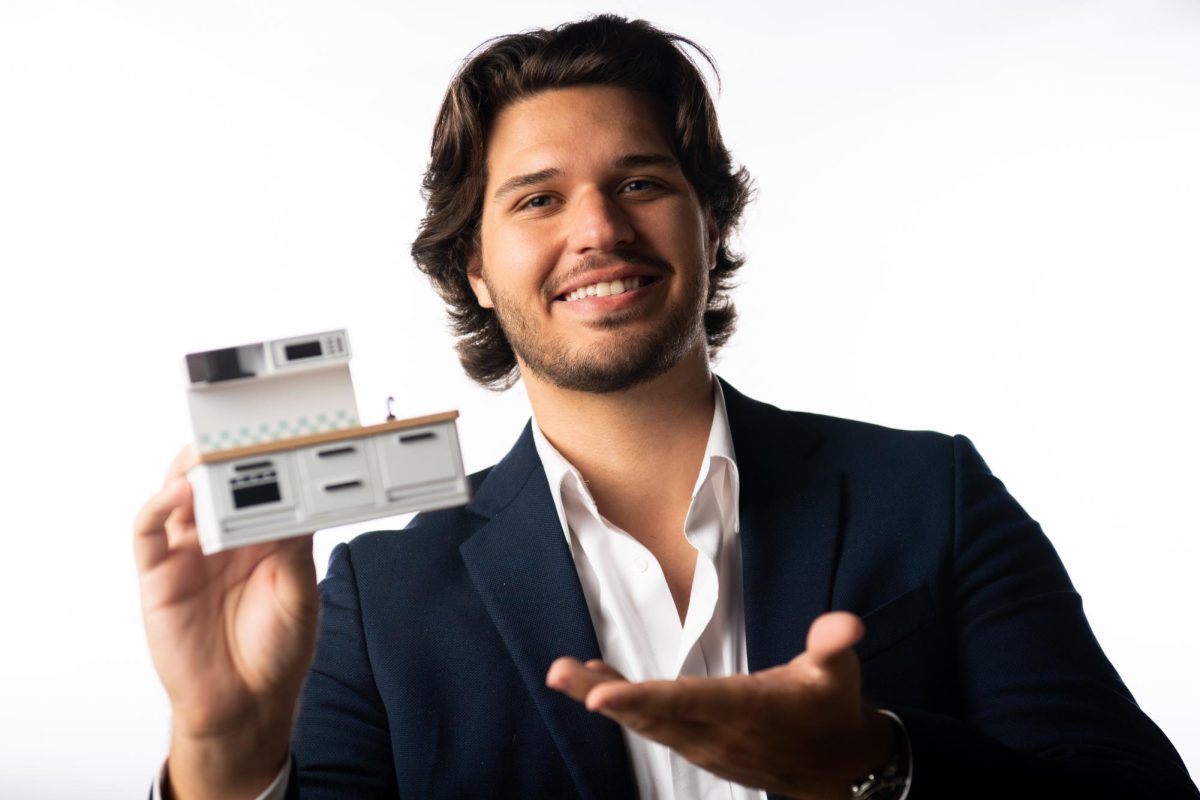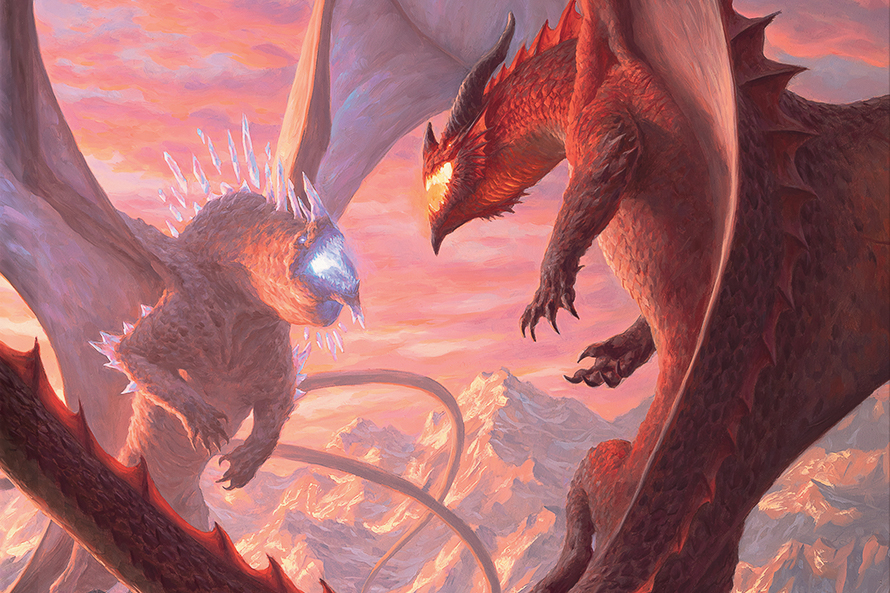The 1994 documentary, “Freedom on My Mind,” opens with the line: “you don’t dream about things you can’t imagine.”
The documentary chronicles the Mississippi voter registration movement lasting from 1961 to 1964. Personal stories, television footage and many gospel songs help to convey the message.
Featured in the documentary is L.C. Dorsey, a Shelby, Mississippi, native who tells her story of the fear that engulfed Mississippi at the time. She vividly remembered the power white men and women held over her.
“You learned how to negotiate life with white folks. You also learned the fear associated with them of how much power they actually have over you, (and) how they could determine when you continue to live or whether you die,” Dorsey said while holding back tears.
Within the documentary is the harsh reality many Black women and men lived every single day. The first Black farmer who attempted to register to vote was fatally shot by a Mississippi State Representative, and many others lost their jobs after registering.
Scenes show footage of old images and films from marches and peaceful protests that advertised the new Mississippi Freedom Democratic Party. In one image you see a woman holding a sign that states, “MFDP is the true Democratic Party.”
By the year 1965, all people were able to register to vote in Mississippi. Dorsey reflects upon this victory at the end of the documentary.
“The most significant thing that the movement gave to us was the freedom from fear. The generation since the movement has not been taught to stay in their place for white and black,” Dorsey said before the credits rolled.
While similar to “Freedom on My Mind” in theme, the 2014 documentary “1964: The Fight for a Right” primarily focuses on the Freedom Summer project, a 1964 voter registration campaign created to register African Americans to vote.
Featured in the documentary was Bob Moses, who also appeared in “Freedom on My Mind.” Moses, a Harvard graduate and Student Nonviolent Coordinating Committee leader, discussed the barriers many African Americans faced in the 1960s.
“It’s murder, terror and violence preventing Blacks from voting or doing this political work that they had been doing,” Moses said.
The documentary highlights how the Freedom Summer Project benefited from the recruitment of white students from Ivy League colleges and fought to make a difference. However, it was not until the kidnapping and murder of three volunteers when the movement took a real turn.
James Chaney, a Mississippi native, along with Michael Schwerner and Andrew Goodman, who had both been in Mississippi for a short time, drove to Neshoba County together. The trio were there investigating a fire at a Black church and supporting local parishioners before tragedy struck.
The three men had gone missing, and their burnt car was found. Their deceased bodies were found two months later. Eventually, it was discovered that the local White Knights of the Ku Klux Klan, the Neshoba County Sheriff’s Office and the Philadelphia (Mississippi) Police Department were all involved.
The murder of these men was a huge catalyst in the Freedom Summer movement. In the documentary’s interview with the Rev. Ed King, a Freedom Summer organizer, he remembered the feeling that overcame every volunteer following the devastating news.
“We had determined then they shall not die in vain, so instead of intimidating us, it had the opposite effect on us,” King said.
Both documentaries highlight the history of voting rights in Mississippi and the injustices that Black women and men had to endure for decades. Voting is one of the biggest ways to make a difference within one’s local community, and the documentaries showcase the importance of a single vote.
Mississippi State University is hosting a voter registration pop-up Sept. 22 and will have many more in the following weeks.
Last year, the university hosted the same event and the volunteers are willing to help. It is a simple event that prepares visitors for the opportunity to exercise their right to vote.
“They Shall Not Die in Vain”: Forgotten documentaries highlight civil rights voting struggles in MS
Warren K. Leffler | Library of Congress
MFDP supporters demonstrated in front of the convention hall in New Jersey in 1964.
0
Donate to The Reflector
Your donation will support the student journalists of Mississippi State University. Your contribution will allow us to purchase equipment and cover our annual website hosting costs.
More to Discover




















































































